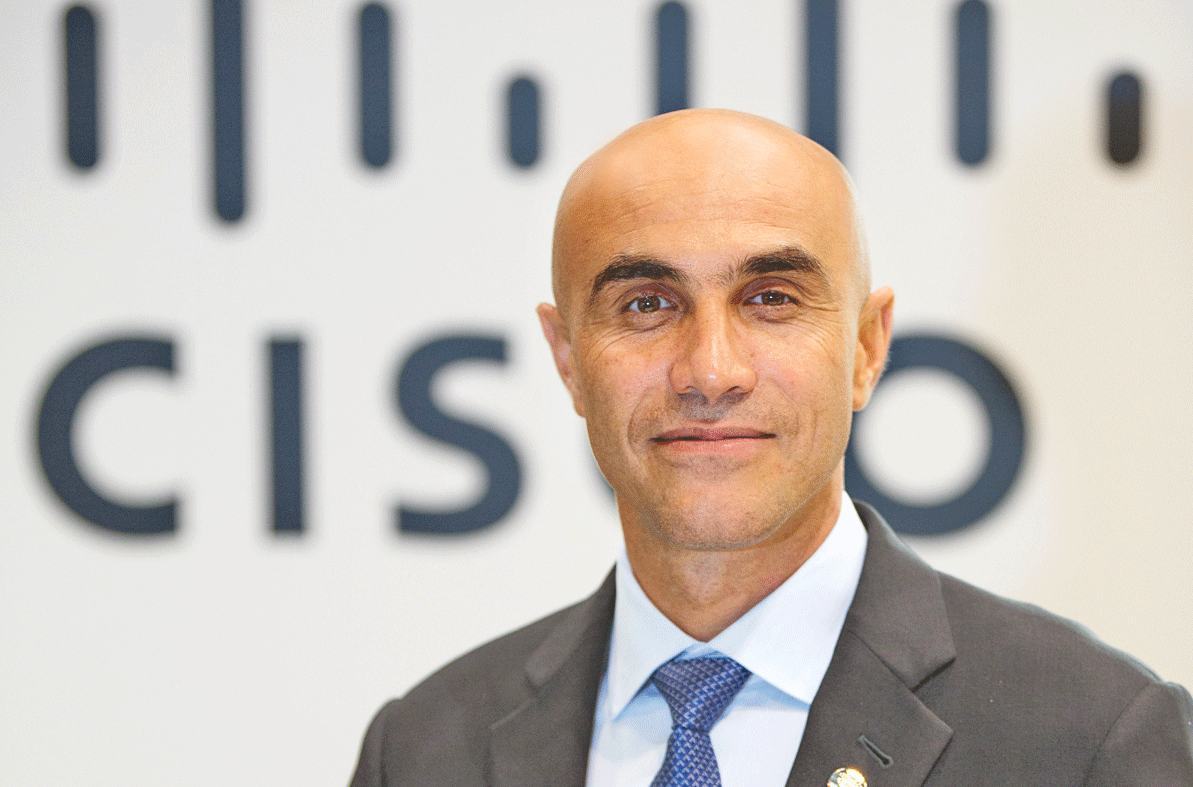
According to Gartner, by 2020, 75 per cent of businesses globally will be a digital business or preparing to become one. While many organisations have digital business transformation initiatives planned or under way, Gartner predicts that only 30 per cent of these efforts will be successful due to lack of talent and technical expertise.
Digital disruption in the Middle East has the potential to reshape markets faster than perhaps any force in history. Countries and organisations that do not drive their own digital business transformation will be left behind. Those that do will be pulled towards a digital centre in which business models, offerings, and value chains are digitised, driving new revenue streams and substantive business outcomes.
As digitisation accelerates in the Middle East, cutting-edge infrastructure will increase a country’s GDP, reduce spending and create jobs. It will allow governments to extend the reach and impact of public services by converting insights into action.
It will also enable new and diverse groups of entrepreneurs to build businesses that will shape the world, while providing more accessibility and opportunities for education-and technology-based careers. As a result, countries will become more competitive on the global stage.
As we move into an era of complete digitisation, where technology begins to connect everything from people, processes and data to things, an era which we call the internet of things (IoT) or internet of everything (IoE) — Middle East countries and organisations will need to rethink how they approach their infrastructure on a grand scale.
At its core, country digitisation is the process of planning and ultimately building a sophisticated and forward-thinking IT network ecosystem that will allow for greater connectivity, productivity and security to drive this positive impact.
The benefits of digitisation and connectivity are enormous — greater efficiency and economy, better end user experiences, greater usage of assets and clear views of the business.
In the Middle East, for example, health care will be improved by connecting rural patients with chronic diseases to doctors, utilising collaborative technology without ever having to leave their homes.
Education can be delivered to some of the most rural and underserved communities using collaborative technology solutions that will connect pupils and academicians in different cities around the globe.
City Wi-Fi will enable traffic congestion management and automated water metering resulting in greener and more efficient city infrastructure management. Likewise smart parking will help citizens find open parking spaces via smartphone app.
Smart waste sensors installed in waste containers will signal when they become full or are emitting odours above a set threshold for optimised pickup routes.
Public safety and security will be improved as City Wi-Fi solution improves situational awareness by accelerating incident detection and it can trigger a combination of automated response, real-time collaboration and escalated decision support for optimal city operations and planning.
Energy will be saved by equipping street lights with intelligent sensors so they can be dimmed or brightened based on motion.
We believe that digitisation in the IoT/IoE era will have a much greater impact on the world than the internet did in its first 20 years. We think the possibilities of the IoE are limited only by imagination, and it will prove to be the most significant technological revolution in history.
— The writer is the General Manager — UAE, Cisco











